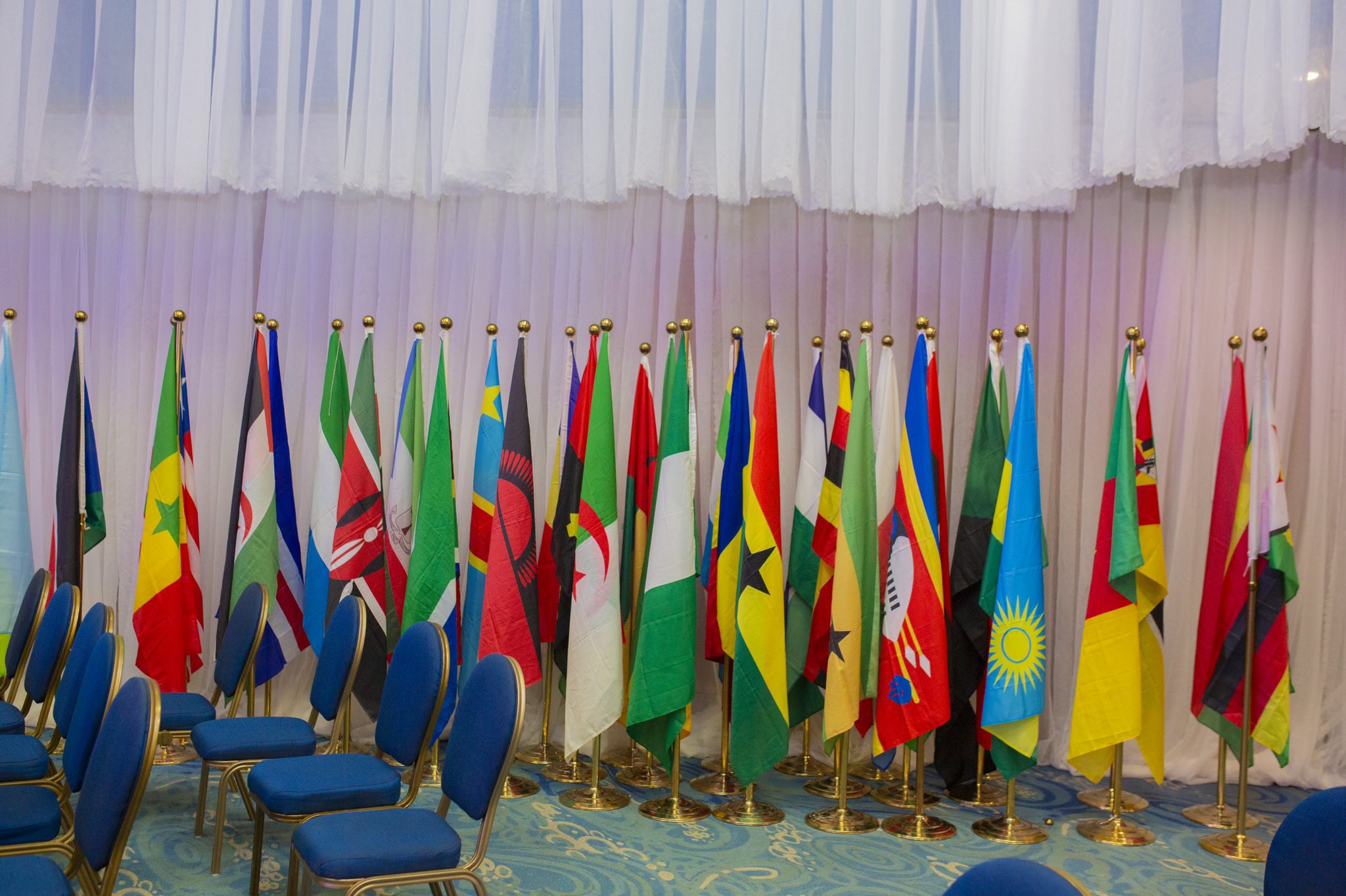Business
Nigeria Ready For Business, Shettima Tells Foreign Investors

The Vice President, Senator Kashim Shettima, has urged foreign investors to take advantage of the opportunities in Nigeria, declaring that the country is now ready for business.
He noted that the combination of Nigeria’s young, energetic population and the agenda of the new administration placed the country far ahead of others in the region.
Shettima made the call, Tuesday, in his remarks at a side event of the ongoing United Nation Food Systems Summit in Rome, Italy, themed, “Scaling up of multi-stakeholder collaboration and investments in the implementation of the food systems pathways in Nigeria”.
According to the Vice President in a statement by his media office, “we have the capacity of transforming the demograhic bulge into demographic dividends or it will be the demographic disaster that will consume all of us.
“Nigeria will surpass the United States as the third most populous nation on earth and the population is young. The median age is 19.
“With determined leadership and the support of the global community, we believe, as eternal optimists do, that there is hope in the horizon”, the VP stated.
He also expressed hope that the expected transformation can take place on the back of what he described as “building blocks that already exists in Nigeria”.
“They include government’s recent declaration of a state of emergency on food security, moving food and water to the purview of National Security Council; the country’s renewed commitment to food and nutrition since the Nutrition Conference of 2022; the National Food and Micro-Nutrient Intake Survey and the National State Level Food Systems”, he explained.
Speaking on improving collaboration between government and the private sector, Shettima said, “focusing on agribusiness and the understanding that investment that will transform food system will come from the private sector with the government providing the enabling environment, will scale-up investment in the country”.
He further explained that “Nigerian government, together with domestic and international finance institutions, scaled up the Value Chain Development Programme approach for the Special Agro Processing Zones Programme with an impressive investment of $521million from the IFAD, from the IsDB, and from the AfDB.
“The success story of the value chain development programme speaks for itself”, he noted.
Continuing, he said the programme “has empowered 100, 000 small scale farmers to enter into engagement with some of the food marketing companies in the world, enabling them to lift their families out of the poverty trap.
“The VCDP/SAPZ programme really represents unique and concrete model for mobilizing funds for investment in support of our national food systems transformation programme, the transition to more yielding, healthier, more equitable and more sustainable food system”.
Stating that the next frontier of global development faces Africa, Vice President Shettima said Nigeria remains critical to the success or failure of the transition and assured that the new leadership in Nigeria is working hard to position the country on the path of growth.
He said, “we have a President who has a private sector background and a Vice President who is also from the private sector. We have a President who has the knack for selecting the best to drive the process.
“Be rest assured that the next frontiers for global development is facing Africa and Nigeria will make or mar that transition”.
Present at the event were Nigeria’s Permanent Representative to FAO/IFAD/WFP in Rome, Mr Yaya Olaniran; Nigerian Ambassador to Italy, Amb. Mfawa Abam; Deputy Chief of Staff to the President in the Office of the Vice President, Amb. Ibrahim Hadejia, among other senior government officials.
Business
Tinubu’s RHI Doles Out N50m To 1,000 Kwara Petty Traders

Business
UBA To Educate SMEs, Business Owners On Withholding Tax

Business
Nigeria Losing $40b Annually From Maritime Sector – NIMENA
-
Niger Delta5 days ago
Jonathan, Ogbuku, Diri Preach Unity, Peace … As Bayelsa Clan Installs Monarch
-
News3 days ago
Judiciary Press Corps Refutes Online Publication Against Rivers Chief Judge
-
Business3 days ago
Economic Reforms, Determinant To Manufacturing – MAN … AI Adoption As Game Changer
-
Niger Delta5 days ago
Bayelsa Seeks Residents’ Cooperation In New Transportation Policy
-

 News3 days ago
News3 days agoLet’s Approach Regional Development Issues Differently – Fubara …As S’South Govs Host Fubara To 50th Birthday Celebration
-

 News5 days ago
News5 days agoFRSC Records 9,570 Road Crashes, Arrests 21,580 Offenders In 2024
-
Niger Delta3 days ago
A’Ibom Police Enforces Anti-Grazing Law
-
Nation3 days ago
Council Boss Flags Off Projects

